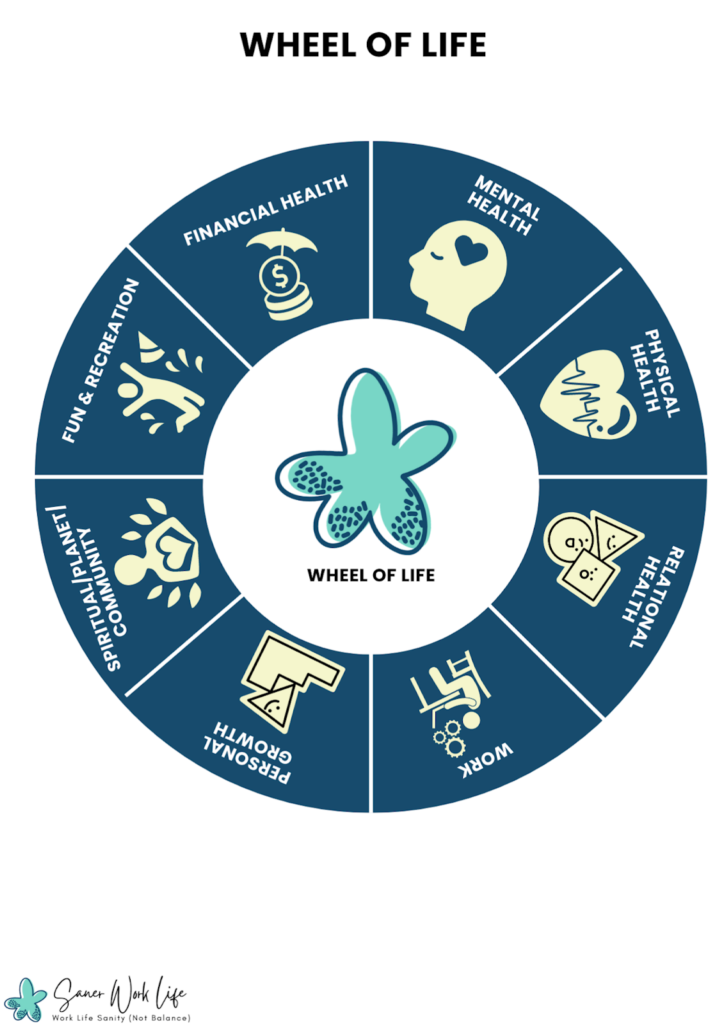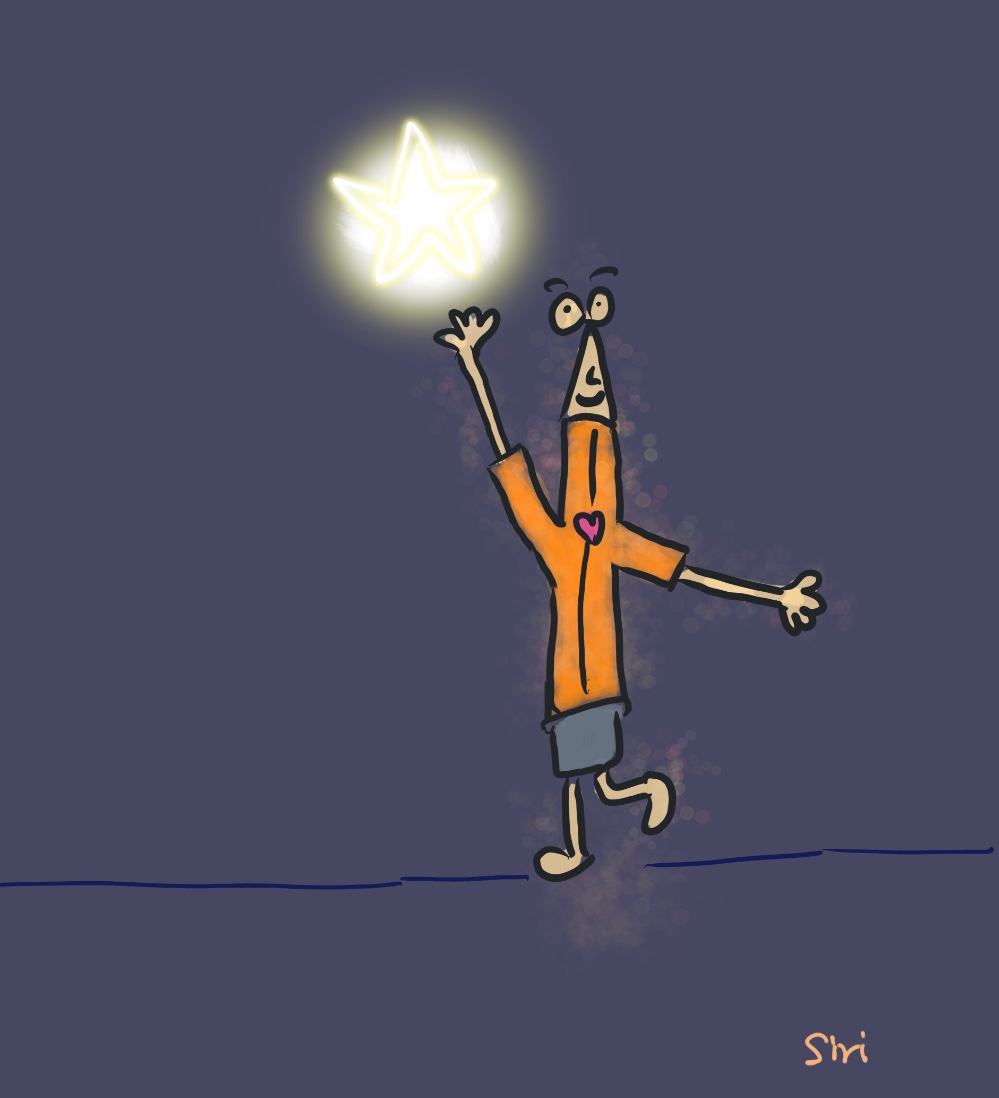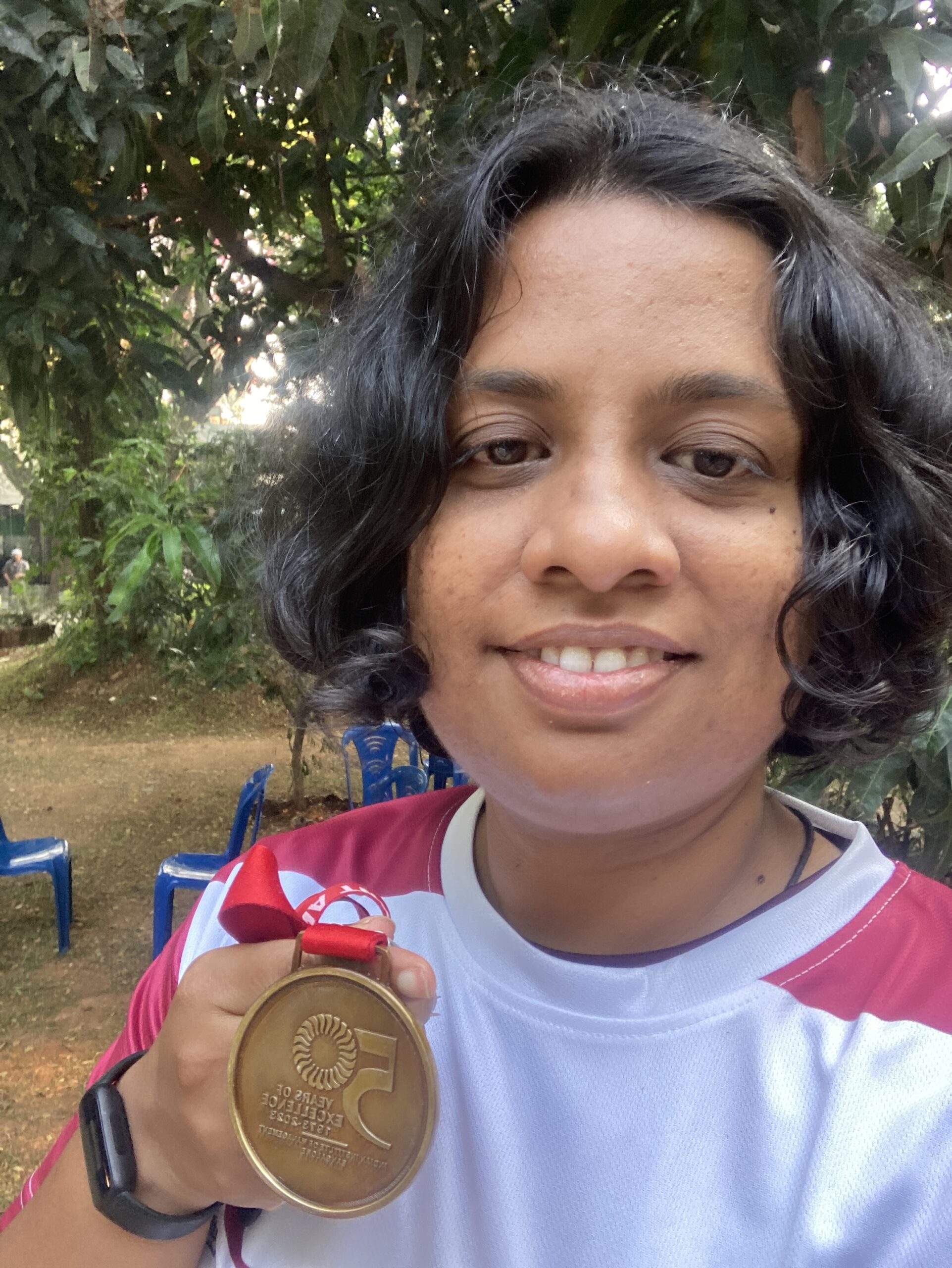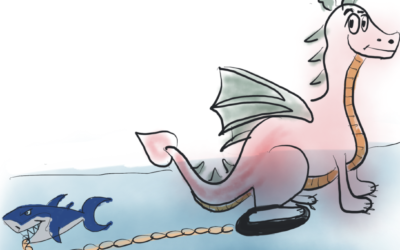Sheena Iyengar, the best selling author of “The Art of Choosing” and widely renowned as the expert on choice, talks about choice overload.
“So when I was a graduate student at Stanford University, I used to go to this very, very upscale grocery store. It was a store called Draeger’s. They had 250 different kinds of mustards and vinegars and over 500 different kinds of fruits and vegetables and more than two dozen different kinds of bottled water. I used to love going to this store, but on one occasion, I asked myself, well, how come you never buy anything?
So one day I decided to do a little experiment, and we picked jam for our experiment. They had 348 different kinds of jam. We set up a little tasting booth right near the entrance of the store. We either put out six different flavours of jam or 24 different flavours of jam, and we looked at two things. First, in which case were people more likely to, you know, stop, sample some jam? More people stopped when there were 24 – about 60 percent – than when there were six – about 40 percent.
The next thing we looked at is in which case were people more likely to buy a jar of jam? Now we see the opposite effect. Of the people who stopped when there were 24, only 3 percent of them actually bought a jar of jam. Of the people who stopped when there were six, well, now we saw that 30 percent of them actually bought a jar of jam.
Now, if you do the math, people were at least six times more likely to buy a jar of jam if they encountered six than if they encountered 24. Now, the main reason for this is because, well, we might enjoy gazing at those giant walls of mayonnaises, mustards, vinegars, jams, but we can’t actually do the math of comparing and contrasting and actually picking from that stunning display.”
Adulthood is tempting and fascinating. There is a promise of freedom and liberation from the tyranny of “not having many choices”, or so many of us think when we are children. Wait, till I grow up. I will never do what x,y or z did.
The fundamental attraction of such freedom is the ability to make choices. One of the frustrations of adulthood is choice overload. This is the side effect that comes from freedom to make decisions and choices. Choice overload often leads to indecisiveness, overwhelm and procrastination.
Most of my clients come into the coaching sessions with a problem that is leaving them frustrated, confused or overwhelmed because of either too many choices or lack of right choices. “I want to leave my job, but I don’t have a choice.”, “I have to make a decision but I am paralysed, as I don’t want to regret my choice later.”
Choices or the perceived lack of them rule our headspace and occupy so much of our mental bandwidth. This happens in two instances, one when the decision is very very consequential and significant. Like should I leave my corporate job and do something on my own? Should I move abroad for better job opportunities or stay back home where I have support? The other instance is when the decisions are seemingly inconsequential or minor. Like, should I choose this particular iPhone with 64GB or 128GB. Should I pack 4 t-shirts or 5 for the trip?
If you are actively working with a coach, this is something you can take into your coaching session to explore and get clarity on how to proceed with making or not making a certain choice. But there is a step zero, when you are trying to hire a life coach. You either have too many choices to choose from, which leaves you overwhelmed as you don’t know how to pick the right one. You don’t want to pick one, and regret the choice later. So that leaves you overwhelmed and you procrastinate. On the other hand, you don’t know where to start when you want to hire a life coach, and you don’t seem to have many choices in hand.
In this “ultimate guide to finding the right life coach” I will offer you various perspectives on how you can go about hiring a life coach: when you have too many choices or when you don’t seem to have many.
In the typical coaching fashion, we will first start exploring what it is you want from the life coach. And then we will explore how to find a life coach and assess fitment.
What do you want from the life coach?
1. Which area of life are you seeking to improve?
The Wheel of Life Assessment is a great way to assess which area of life you are seeking to focus on. This is the tool I use in the discovery session with a client to assess which area of life needs attention right now.

As you can see, the wheel of life has eight focus areas: Physical Health, Relational Health, Work, Personal Growth, Spiritual/Planet/Community, Fun and Recreation, Financial Health and Mental Health. You can replace any of these focus areas with whatever suits best for your life and situation.
You rate your level of satisfaction with each area of life from a scale of 0-10 (0 being completely dissatisfied, and 10 being very satisfied). You can also journal what stands out in each of these focus areas of your life. Doing this exercise and pondering over what needs the most attention now is a good way of figuring out which area of your life you need support with.
Once you have the focus area nailed down, write down three things you would like to zoom in and focus on.
2. Where do you want to look?
There are some areas of our life where we are keen to move forward. There is no big baggage in the past or present that is hampering the focus. All you need to do is make some time and get some habits going. This is a place where life coaching really shines. It helps you to set goals, work on the barriers that are stopping you from achieving those goals, creating action plans and then holding you accountable.
Also, on a deeper level, the coaching process is also about personal growth. The coach will explore with you what needs shifting and what has shifted for you through the process of coaching and working towards your goal.
In some areas of life, you know that there is serious stuff in the past like trauma that needs to be addressed, acknowledged and processed before you can move ahead. In those places working with a coach and a therapist can be helpful to help you to put the past to rest, and move on with your present towards your future.
You can also read Life Coaching Vs Therapy: Which one is right for you?
3. What kind of support do you need?
Many advanced and master coaches do not readily offer advice or mentoring to their clients. So if you find a coach with the background and expertise you resonate with, it is helpful to ask them explicitly for advice or strategies. The whole coaching process is not about giving you a template or a system or a series of steps to achieve fulfilment and happiness. The process is about facilitating exploration and discovery for the client so that they can look at themselves, and their patterns, emotions and dreams deeply and cultivate the awareness, courage and action that they need to move ahead in life.
If you are looking for explicit systems or steps, then a “real coach” is not likely to offer you that. So if you are looking for specific strategies, then it is good to be clear on that and find professionals who will give that for you. It is unlikely that they will facilitate a deep exploration of yourself, because that would mean coming up with your own system or way of working which can be different from their program.
If you do find coaches who resonate with you and offer you the space for exploration and discovery, you can explicitly ask them to give you advice or share their experience which could be helpful for you.
How to find a life coach?
1. Word of Mouth
This is one of the best ways of finding a life coach. If you know someone who has worked with a coach, and it has really helped them, this is a great place to start too. You could ask your friend, loved one or colleague how the life coach has helped, what is the process they went through and would they recommend that person to you. This is a good place to start if you are looking to hire a coach. If you find that coaching is not something that your peer or inner circle has sought before then you can go through coaching platforms or search engines.
2. Coaching Platforms
These are a viable option for many people working in corporates. Many companies have tie ups with coaching platforms like BetterUp, CoachHub or other such companies who have a number of coaches contracting with them. So if your company has a tie up with one such coaching platform, it would be a good idea to first find your coach on the platform.
Generally, the coaches listed in the platform have gone through some background check of their coaching training and credentials by the company. That is no indication of the fitment of the coach with you and your situation, but that is a good place to start if you have that access or are struggling to find life coaches either through search engines or word of mouth.
3. Search Engines
Yup good ol’fashioned Google is a great way to find a life coach. If you are looking for face to face coaching sessions, then Google maps or the search engine will be able to give you options in the area you live. Many coaches have their own websites or LinkedIn profiles. They will have information about the coach’s professional background, area of expertise and their coaching niche.
The reviews on the Google Business Profile and the testimonials on the website will give you an indication of the kind of clients they work with, their expertise and what kind of coaching situations they predominantly work with.
4. Social Media
Many coaches are content creators on LinkedIn/Instagram/TikTok/Threads and other social media platforms. This can be one way to find a coach if the above three methods have failed for you. Also this can be one of the ways in which you can get more background about the coach if you have a few shortlisted.
How to assess fitment with a life coach?
You may not find the life coach that suits you at the first go. You will need to shortlist a few coaches using one of the four methods listed above and try them out to see how you feel about working with that coach.
Once you have shortlisted a few coaches here are three ways you can assess fitment with the coach.
1. Chemistry Session
Most coaches offer a discovery or chemistry session with new clients. These tend to be free or low priced so that the coach and the client can assess mutual fitment. This would a good time for you to ask the coach about their background, coaching style, coaching philosophy and what kind of clients do they work with.
This would also be the perfect time to enquire about scheduling, pricing, length of contract, duration of the sessions, accountability and contact outside of the sessions.
A good coach should be able to give you clear answers to all of the above, or share resources that will help you to get an idea of whether these factors align with what you are looking for. Don’t hesitate to ask the coach anything that is crucial for you to know to make a decision.
Something crucial to note during the chemistry session is how connected you feel to the coach. Do you think you would be able to open up to the coach without fear of being judged? Do you think the coach will offer you a place for exploration instead of rushing you into solutions?
2. Testimonials/Reviews
The coach’s website, social media profiles and external review platforms are a good source of client testimonials and reviews. You can look at the testimonials and see if any of those client profiles and results align with what you are looking for.
3. Background
Understanding the coach’s professional training and background, and their life journey is a good way to understand if this is a person you would be willing to open up and have a chat with. Asking the coach, how did they come to this path and what has been their motivation to be a coach will give you an idea of what their coaching philosophy is.
Remember that the fitment is a two-way street. You, as a client need to assess how would the coach fit for your needs, and similarly a coach would need to assess if a client would fit their client profile. Sometimes, the coach may not be the right person for the job if the client needs a very specific niche, or mentoring or systems to follow.
Taking some time in assessing fitment will help you as a client to choose the right life coach you need at this moment in your life.
Summary
In summary, it is important for you to understand what is the reason you want to work with a life coach by doing some self work even before looking out. Next is to short list a few coaches, and then assess fitment. Remember not to shortlist 10 coaches and then get overwhelmed trying to find the perfect coach. If you speak to your first coach and you think you may hit off, you can sign up for a 3 session contract and see how the relationship develops.
Transform Your Life Today
Ready to create the life you’ve always envisioned? Book a free session now and start your journey with personalized life coaching.





